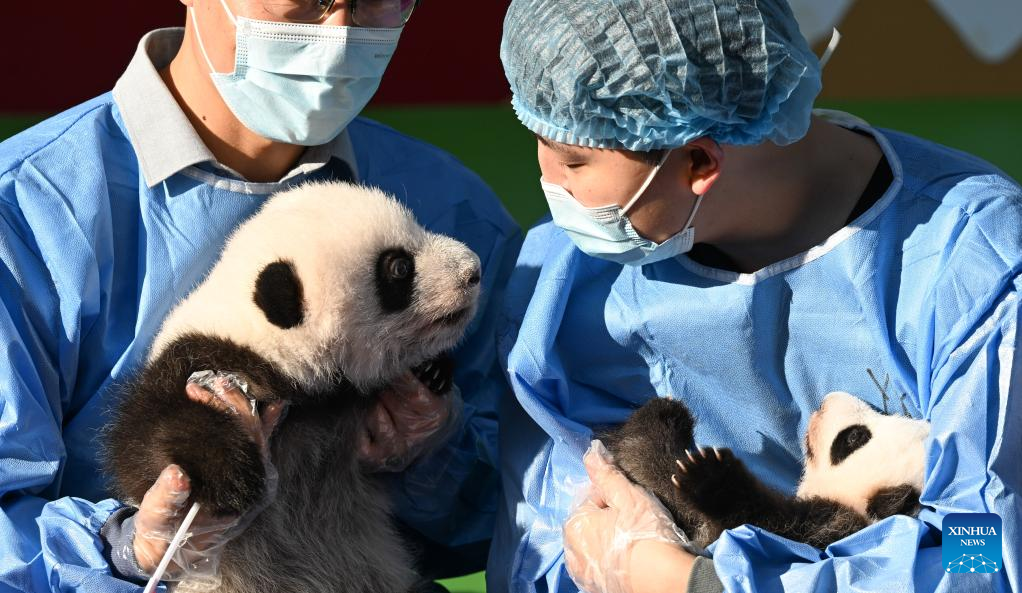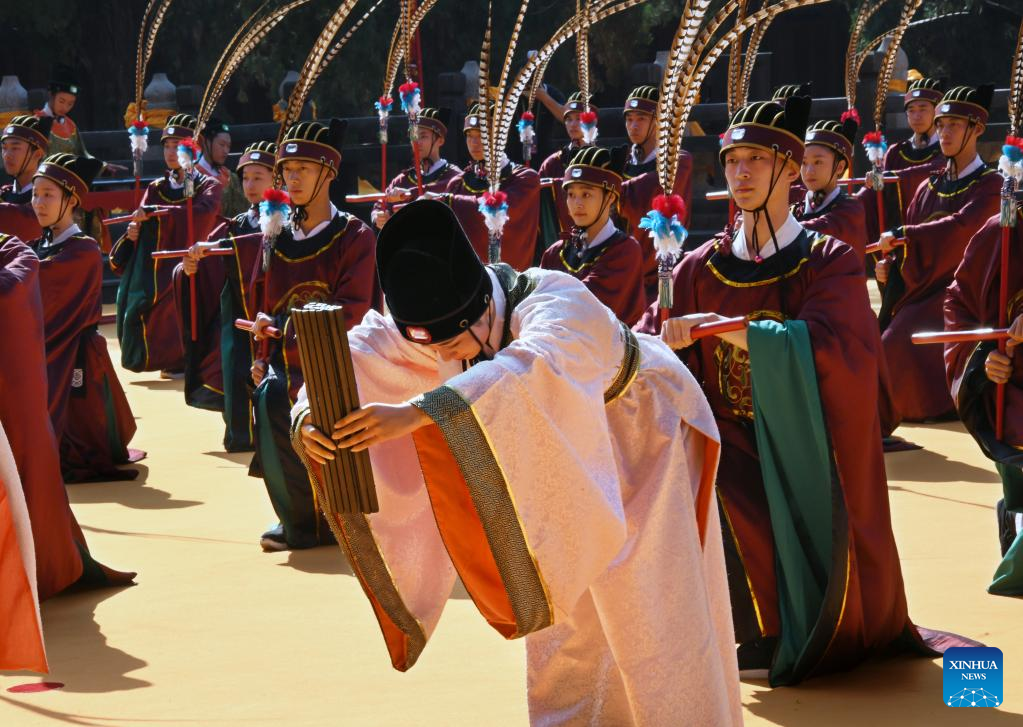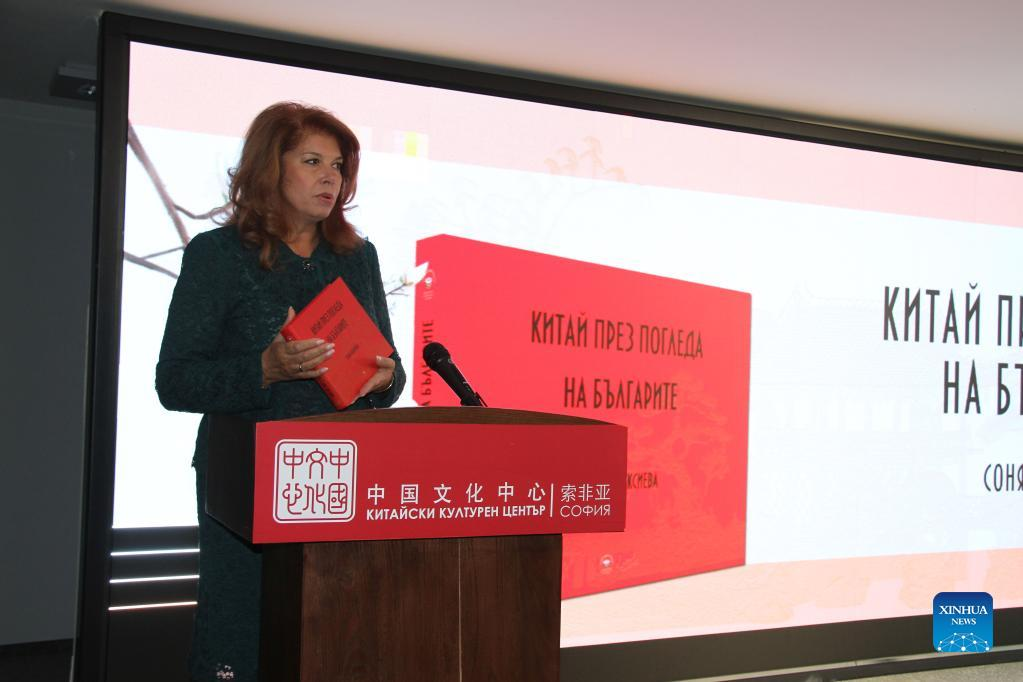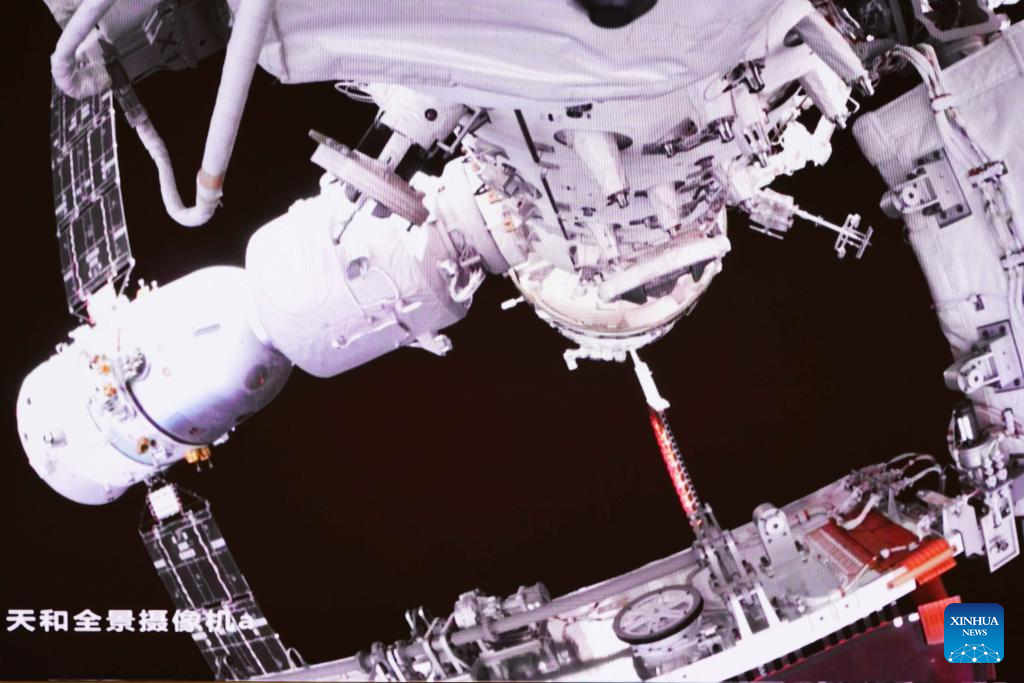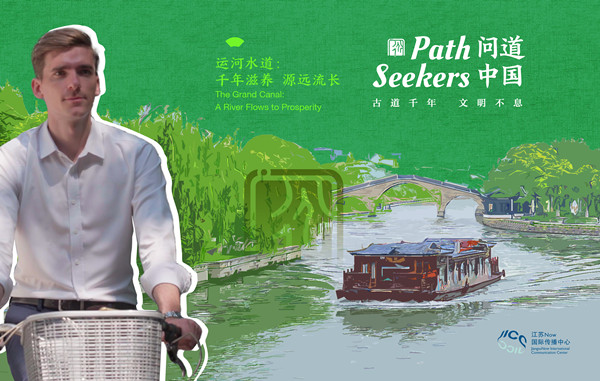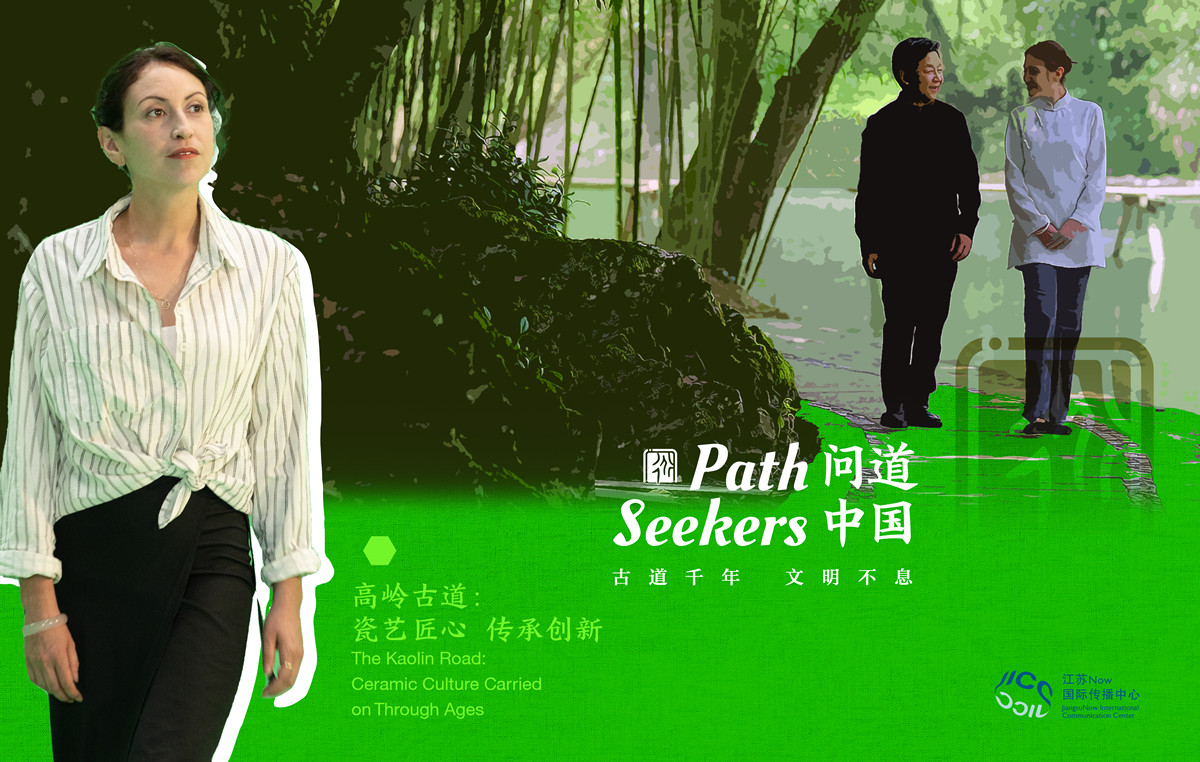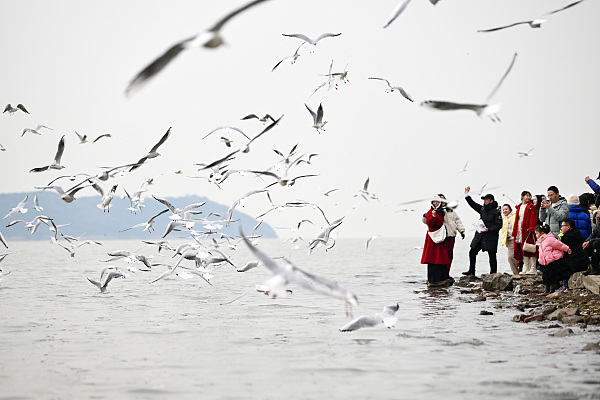
This photo taken on January 11, 2025 shows people watching migratory birds near Taihu Lake in Guangfu Town, Suzhou City. (CFP)
The water quality of Taihu Lake, China's third-largest freshwater lake, achieved a Grade III level for the first time in 30 years.
The biodiversity index for aquatic life in the lake also improved to an "excellent" level, with the number of species in the basin increasing to 6,899.
Since 2007, investments from government and private contributions have totaled 300 billion yuan. In 2024, five cities in the lake basin and relevant provincial departments organized 560 projects for the lake’s clean-up, with an annual investment of 33.1 billion yuan. Notably, Changzhou and Wuxi each committed over 10 billion yuan to the campaign.
"Lake management is a world-class challenge. Taihu Lake is a large shallow lake, and the basin is home to a dense population, extensive urbanization and various industries, presenting complex challenges unparalleled in the world," said Qin Boqiang, a researcher at Nanjing Institute of Geography and Limnology, Chinese Academy of Sciences.
In 2024, the lake completed ecological dredging amounting to 6.35 million cubic meters and the removal of 1.72 million tonnes of algae, with a sustained reduction in the intensity of algae blooms. For the first time, algal blooms were not detected in the first half of the year.
Jiangsu also introduced a catalogue of prohibited and restricted industrial products in the lake’s basin, guiding industries such as printing, dyeing, and chemicals to pursue high-quality development and promoting the intelligent, green, and collaborative development of traditional industries. Active efforts are also being made to cultivate emerging industries, with the goal of transforming Taihu Lake into a world-class area with a sound ecosystem at the heart of its innovative development within about ten years.

